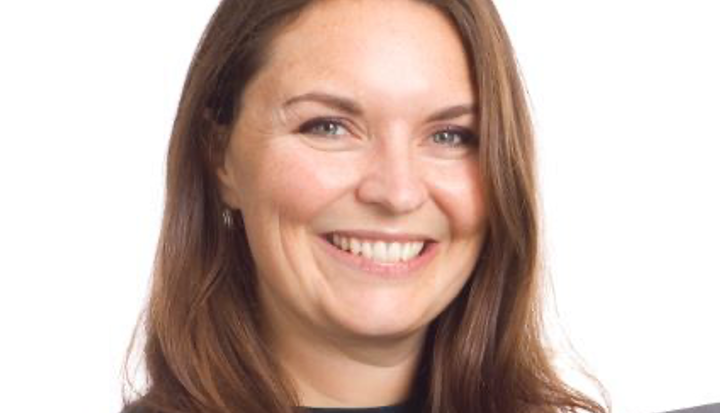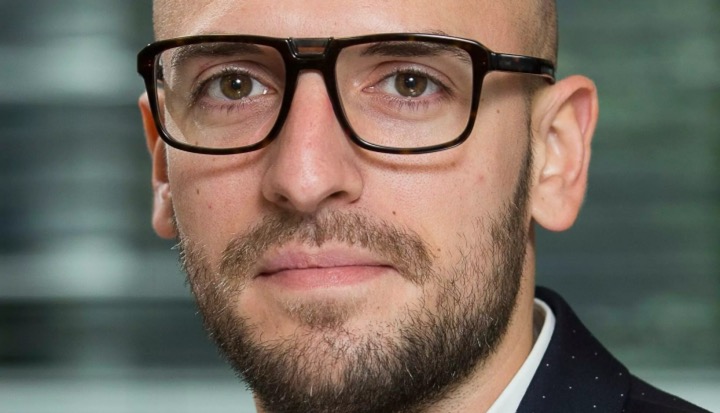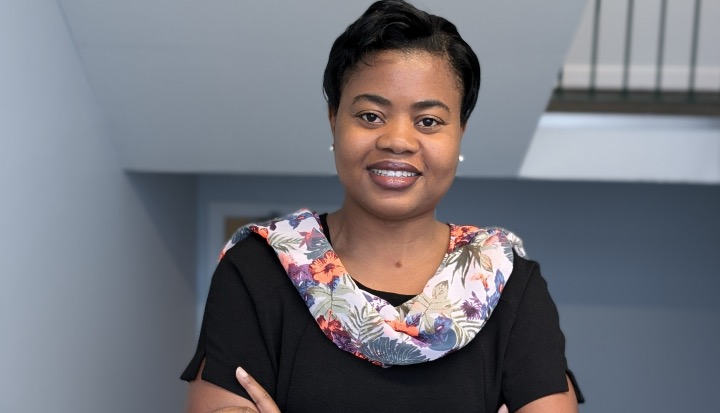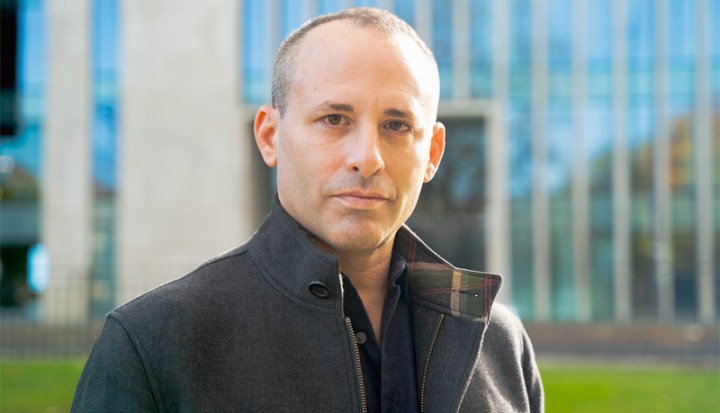What are Village Savings and Loan Associations (VSLAs) and why can they be transformative for communities, particularly for women? Social Impact Pioneers Kalkidan (Kal) Lakew and Emily Janoch from the international NGO, CARE, explore how VSLAs facilitate financial inclusion, foster social empowerment and encourage community solidarity.
Kal is the Program Coordinator for CARE’s Women (in VSLAs) Respond initiative. Whilst Emily Janoch is the Associate Vice President for Thought Leadership and Design at CARE.
During this conversation, they not only deep dive into the benefits and outcomes of VSLAs but also look critically at the role of international development programme design, iterative improvements and the benefits of responsive community led feedback.
Kal explains: “By listening and learning from women and girls in Village Savings and Loan Associations and understanding the impact of different crises and shocks – we can help to refine how the VSLAs work and determine what to prioritise.”
Whilst Emily shares, “I am focused on finding ways to leverage evidence and learning to improve impact, build dignity, and eradicate poverty.”
What are Village Savings and Loan Associations – VSLAs?
VSLAs serve as a grassroots financial model where members—predominantly women—save together and access small loans. Originating in Niger in 1991, these associations have become a cornerstone of development programs, addressing food security, nutrition, and education. They are crucial in regions where access to formal financial services is scarce, enabling members to manage their funds and make collective decisions.
Kal and Emily are finding that VSLAs go beyond mere financial transactions. They empower women by breaking social and economic barriers, enhance community negotiating power, and address critical social issues like education and early marriage. Through collective action, VSLAs enable women to increase their confidence and achieve remarkable community contributions, from starting businesses to advocating for educational facilities.
How effective feedback improves outcomes
Today’s discussion will also touch on the importance of adapting development initiatives to the specific contexts and needs of communities. Kal and Emily explore effective strategies for ensuring that development interventions are responsive, sustainable, and scalable. They share insights on engaging with communities as equal partners, emphasising the necessity of listening and learning from those we aim to support.
Listen in to find out more.
Links
CARE
CARE’s VSLA programme
CARE’s Women Respond initiative
CARE’s data sharing platforms with the communities
CARE’s farmer livelihood work
And if you liked that take a listen to:
Investors and Female Entrepreneurs, with Sanjukta and Heather












